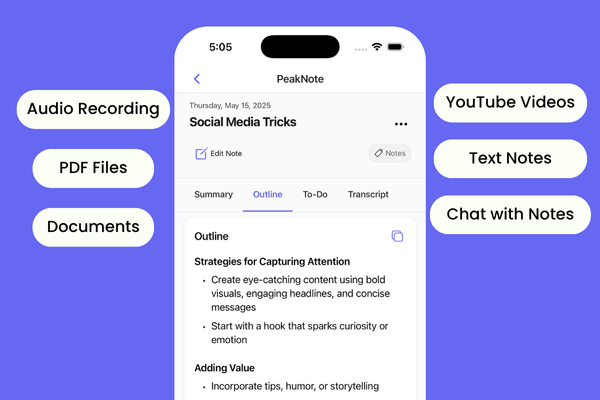Web3 is the transition from a centralized network to more of an egalitarian one. It lets your computer talk to other computers on different networks and work together with them, which can harness their resources for better outcomes.
Here is the top programming languages are used for building web 3.0 applications.
1. Solidity
Solidity is an object-oriented, high-level language for implementing smart contracts. Smart contracts are programs that govern the behavior of accounts within the Ethereum state. It was designed to target the Ethereum Virtual Machine (EVM). It is influenced by C++, Python, and JavaScript.
You can use Solidity to create contracts for uses such as voting, crowdfunding, blind auctions, and multi-signature wallets. When deploying contracts, you should use the latest released version of Solidity. Apart from exceptional cases, only the latest version receives security fixes.
Do you want to learn Solidity to build a Web 3,0 app? Click here to get the best course to learn
2. Vyper
Vyper is a programming language written in Haskell that supports the mutable states. Unlike other functional languages, Vyper can be compiled to JavaScript meaning it's easier to work with and more geared towards business users.
Vyper is built to model the state, behavior, and interactions of a dynamic blockchain environment. This language uses coroutines where each operation is described as a chain of ops that implement functions, which are then assembled into blocks and executed serially or in parallel.
3. JavaScript
For people just starting out in the world of blockchain, it may be overwhelming for them to even know which language is needed to create programs required for their projects.
There are many new languages that can be used, but those without experience may have trouble choosing one with little available online content describing its various functions. JavaScript on the other hand is widely used among beginners due to its beginner-friendly nature and well-documented syntax.
Click here to learn how to build a Web 3.0 App
4. Python
Python is a general-purpose, high-level object-oriented programming language. It is often used in science and engineering, web development, system administration, and as a teaching language. and now python can be used for building web 3.0 applications.
Python is one of the most popular programming languages for data science and web development. It's a flexible language that's friendly to beginners and developers who know other languages. Because Python has a large community, it will also have a lot of libraries and APIs. Along with this, Python is readable and has object-oriented capabilities to make programs easier to read without difficulty.
5. Rust
Rust is a programming language that targets systems with high concurrency. This means that it is meant to be used on multi-core systems, consoles, virtual machines, and networks. Rust makes it easy to create fast and loosely-coupled applications by providing automated memory management and immutable data objects.
For web applications, Rust is the perfect option because its memory and resource efficiency with platform independence makes it ideal for cross-platform decentralized apps.

